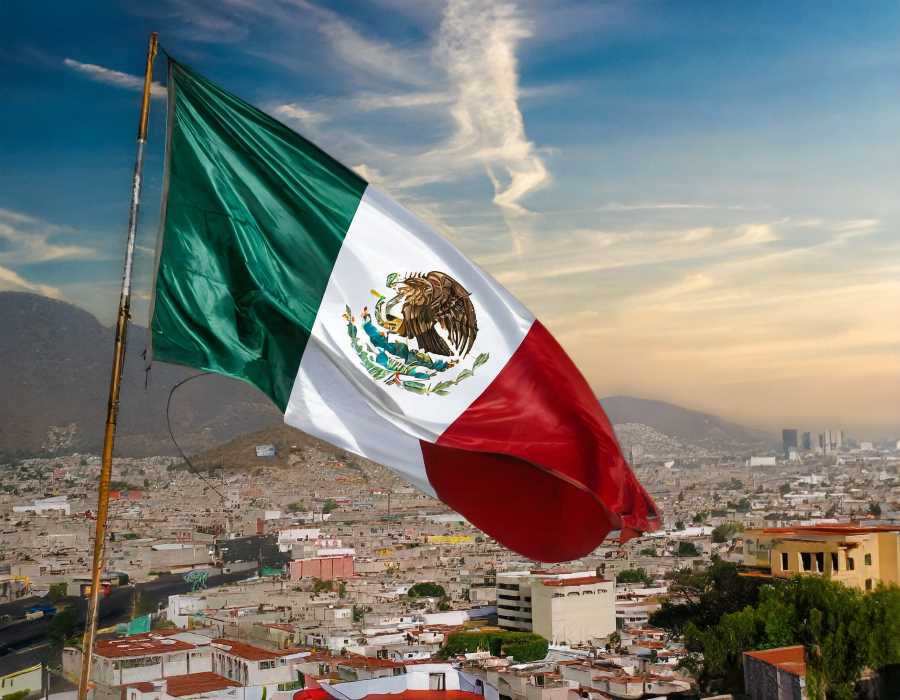How Mexico's Fourth Transformation Keeps Public Debt in Check
Mexico's Fourth Transformation brings a 5.6% drop in poverty, 3% annual GDP growth, and a strengthened peso. Despite challenges like inflation, remittances thrive at 60 billion dollars. Prudent fiscal management keeps the public debt stable at 44%. A remarkable economic turnaround.

In the face of global challenges such as the ongoing pandemic and geopolitical unrest in Ukraine, Mexico is undergoing a remarkable economic recovery in what has been aptly termed the “Fourth Transformation.” Despite inflationary pressures, the country has witnessed a significant reduction in poverty, robust GDP growth, and prudent fiscal management. This article delves into the key indicators that illustrate Mexico's economic revival and the transformative policies that underpin this positive trajectory.
Poverty Reduction:
One of the most noteworthy achievements is the 5.6% reduction in poverty, translating to over 5 million people lifted out of poverty. In stark contrast to previous administrations, where poverty increased, the current government's policies have evidently made a substantial impact on improving the standard of living for millions.




